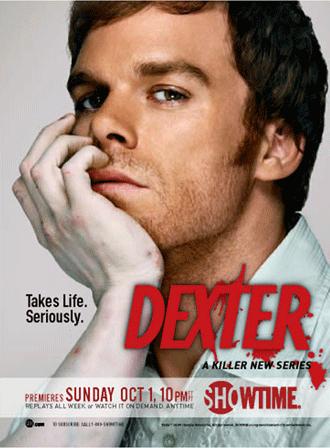New torrent technology a serial industry killer


Some channels in. Some channels out. And if it's something you really like you can bet it's now been pushed to a higher tier, at a higher price.
They don't just play this game with me. Cable operators routinely demand concessions from program suppliers, both fees and ad space.
It doesn't have to be that way. A decent Internet connection, a TiVo-like bit of software on your PC, and what you want can easily be downloaded in the background.
My daughter got a taste of this over the holidays, when her uncle and cousin downloaded old episodes of a show she liked. All three trooped into his office each day, leaving me alone with the cable clicker.
The race is now on to provide this kind of service, and one of the contestants on the open source side of that race, Miro, just updated their client, adding support for the libtorrent library of the BitTorrent protocol.
The new Miro represents another big win for libtorrent creator Jari Sundell, aka Rakshasa, a student at the University of Oslo in Norway.
On his wiki, Sundell notes that libtorrent is written in C++, that it transfers directly from file pages to the network stack, and that it is able to seed torrents three times faster than the official BitTorrent client.
The rapid improvement of Torrent technology, based on open source, will transform TV, just as VOIP tools like Skype are changing telephony, enabling integration with other data services.
Here's just one example from the Miro site. They're distributing Democracy Now, a talk show unavailable in many markets (and often on very high tiers in cable systems), in HD.
As these open source video tools work their way up from below, cable will come under the same pressure telephony came under a few years ago.
The telephony monopoly is now broken. That of cable will follow. Sundell may not get rich from it, but he is another brick in the wall.
Within a very few years, barring government action to stop it or protect the monopolists, there will no longer be three networks for data, voice, and TV.
There will be one network, the Internet, and you'll use it as you please, thanks to open source.